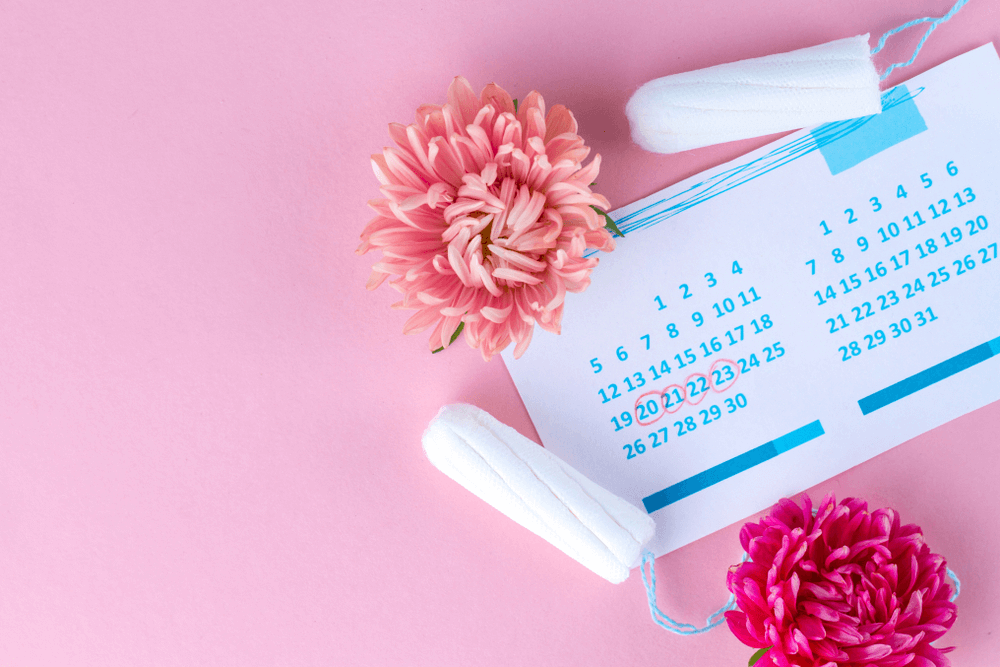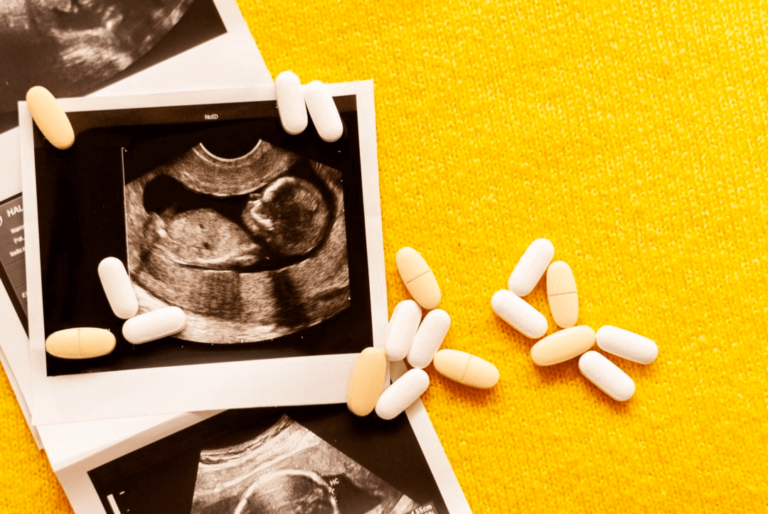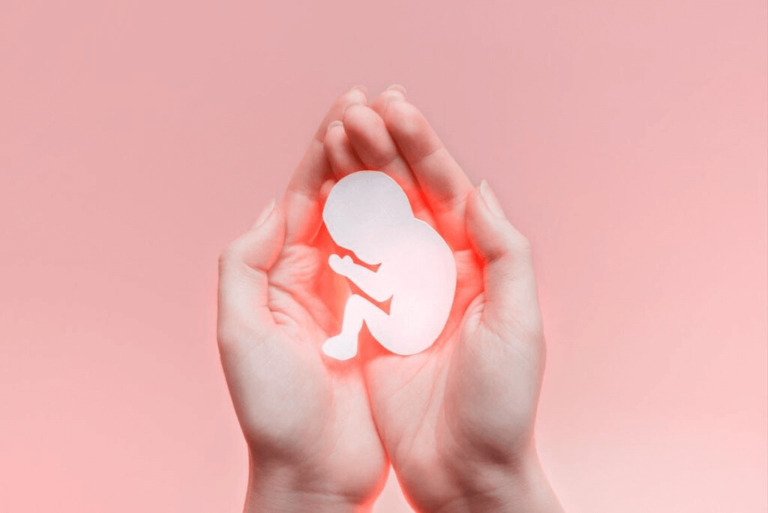Is It Risky to Have a Baby After 35?

The concerns around having a baby after the age of 35 are often overstated. While it’s true that there are some increased risks associated with pregnancy in this age group, many women over 35 have healthy pregnancies and births. If you’re healthy, your chances of a successful pregnancy are good, so there’s no need to worry excessively.
Conception Challenges
One of the primary challenges for women aged 35 to 39 is conceiving in the first place. It can take longer to become pregnant, even with regular, unprotected intercourse. Statistically, about 82% of women in this age range conceive within a year, while 8% may take one to two years. The remaining 10% might still struggle after two years.
If you’re over 35 and experiencing difficulty conceiving, it’s advisable to consult your GP. They can assess your readiness for pregnancy and identify any underlying medical conditions, such as endometriosis or fibroids, which can affect fertility.
Assisted conception treatments like IVF are options to consider, but success rates decline with age, especially beyond 35. This decline accelerates in the early 40s, making it more challenging to conceive using your own eggs.
Also read: Understanding Rectal Bleeding During Pregnancy
Health Considerations for Older Mothers
Women over 35 may have an increased risk of ongoing health issues, such as diabetes and high blood pressure, which can impact pregnancy and childbirth. Additionally, there are higher chances of experiencing pregnancy complications, including:
- Gestational diabetes
- Venous thrombosis (blood clot in a vein)
- Pre-eclampsia
- Placenta praevia (low-lying placenta)
- Placental abruption (premature separation of the placenta from the uterus)
Older mothers are also at a greater risk of having babies with low birth weight due to fetal growth restriction and preterm birth. The likelihood of miscarriage or ectopic pregnancy increases with age, rising from one in ten for women under 30 to one in five for those aged 35 to 39, and up to one in two for women in their mid-40s.
The risk of chromosomal abnormalities, such as Down’s syndrome, also increases with maternal age. For instance, at age 30, the chance of having a baby with Down’s syndrome is approximately 1 in 800, rising to 1 in 270 at 35, and 1 in 100 by age 40.
Managing Risks and Staying Healthy
Healthcare providers are well aware of the increased risks for older mothers. During antenatal appointments, they will discuss available screening tests and provide guidance on maintaining a healthy pregnancy.
Interestingly, women in their late 30s and 40s are more likely to have twins, even without fertility treatments. While twins can bring joy, they also place additional demands on the body, increasing the risk of complications such as gestational diabetes, high blood pressure, premature birth, and low birth weight.
Birth and Delivery Concerns
Older mothers are more likely to experience certain birth complications, including a longer labor, fetal distress, or babies being in awkward positions during birth. Consequently, the rate of cesarean deliveries is higher among women over 35. Doctors may also recommend induction at 39 weeks to reduce the risk of stillbirth, although the benefits of early induction remain unclear.
Despite these challenges, many women have successful pregnancies and healthy babies well into their late 30s and 40s. Maintaining a healthy lifestyle—eating nutritious foods, exercising regularly, avoiding smoking, and limiting alcohol—can significantly contribute to a healthy pregnancy.
In summary, while there are increased risks associated with having a baby after 35, many women in this age group have healthy pregnancies and births. With proper medical care and a healthy lifestyle, you can maximize your chances of a positive pregnancy experience.
Also read: Can You Have A Vaginal Birth With Gestational Diabetes?






